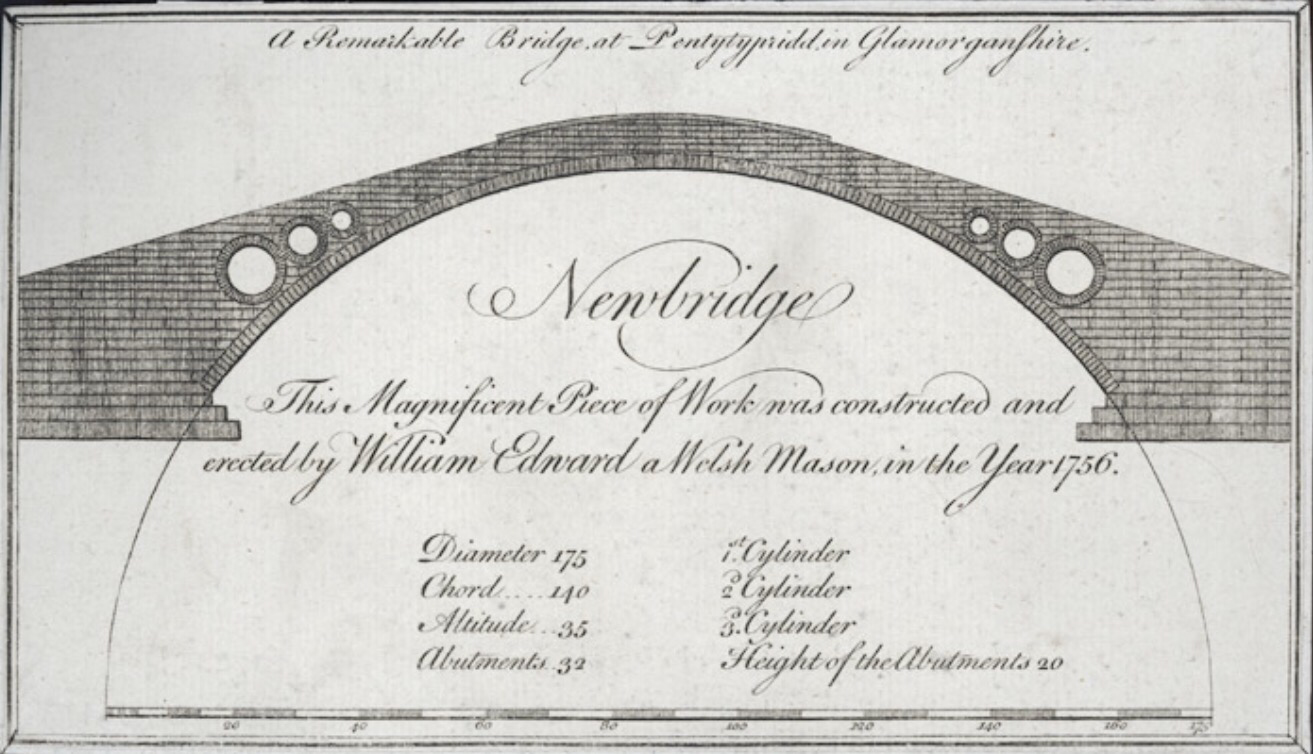A while ago I was in the kitchen, making tea for my late Father In-Law, and I was having a good old moan about some local politicians. You know the sort of thing…. “I cannot believe that Councillor X has failed to do Y…..”, spoken with passion and righteous indignation.
My Father in-Law, who had an uncanny habit of teaching me huge lessons when I was least expecting, quietly commented…. “yes, we get the politicians we deserve”. I didn’t actually drop the tea-pot, but it did stop me in my tracks. He was absolutely right.
We get the politicians we deserve. Those words from my Father In-Law were very logical and completely correct. I live in a democracy, every 4 years I have the chance to put myself forward to stand for local political office. If I don’t like what the current politicians are doing (or think I can do a better job), all I have to do is get elected and prove it, or help someone else who I think will to a better job. It’s as straightforward as that.
By not being prepared to stand myself, not voting in the election or not expressing a view and taking an interest; I really do get what I deserve. The democratic process, no matter how imperfect, does give you the opportunity to get better politicians, the ones you truly deserve. That moment of enlightenment sticks with me, my Father In-Law very politely telling me to, “put up or shut up”; thank you Tony.
 An experiment in industrial democracy
An experiment in industrial democracyDo we get the organisations we deserve? If all organisations and companies were run along democratic lines I would be tempted to say yes.
Most aren’t, but here is an interesting example, The John Lewis Partnership. In the words of its founder John Spedan Lewis, an ‘experiment in industrial democracy’.
It is worth looking at the John Lewis Partnership constitution and the various democratic bodies they’ve created to ensure that an individual partner (staff) can feed their opinions back into the main decision making bodies. Every employee is a partner and, ‘the happiness of its members’ is the ultimate purpose of the Partnership. Imagine that in your place of work………… while you are doing that, here are a few questions to ponder:
- Is John Lewis a hugely successful organisation? – £9 billion of business says YES
- Are the employees (partners) happy?- a 15% bonus each would suggest YES
- Do customers love them – customer satisfaction awards say YES
By most measures John Lewis is a very successful example of an industrial democracy. The way it operates allows its staff to create exactly the organisation they want and deserve.
 No such thing as a dysfunctional organisation
No such thing as a dysfunctional organisationIt will never happen here. Thats enough fantasy for one day, let’s get back to the real world.
Recently I heard a clever Professor at a conference using the phrase “you get the organisation you deserve”. I must admit I was quite excited, could this be an example of industrial democracy and employee voice having a positive impact?
Unfortunately not, I’d mis-heard what was being said. What he was going on about was a quote from a book, ‘The Practice of Adaptive Leadership’ by Heifetz, Grashow and Linksy. “There is a myth that drives many change initiatives into the ground: that the organization needs to change because it is broken. The reality is that any social system (including an organization or a country or a family) is the way it is because the people in that system (at least those individuals and factions with the most leverage) want it that way…As our colleague Jeff Lawrence poignantly says, There is no such thing as a dysfunctional organisation, because every organisation is perfectly aligned to achieve the results it gets.”
Pause and have a think about this for a moment, there is no such thing as a dysfunctional organisation, because every organisation is perfectly aligned to achieve the results it gets. Quite sobering isn’t it.
What do you do if you find yourself in a dysfunctional organisation? I suppose this boils down to a few choices:
- If you are an individual or part of a group with most leverage in your organisation you could change things …. if you really want to.
- If you are a lowly worker with no leverage you can ‘put up or shut up’. If you ‘shut up’, just be aware of the consequences; ‘if you sup with the devil use a long spoon’.
- You could ‘put up’, make a stand and try to change the organisation. This is a very laudable thing to do, but is likely to come with consequences. Standing up for the right thing is tough in a democracy, but within a ‘closed’ organisation, it could be errr … ‘career limiting’.
No easy answers here I’m afraid. Ultimately I suppose we do get the politicians and organisations we deserve. If the political is bad or the organisation dysfunctional, we have all had our part in making it happen.
So, whats the PONT?
- In the democratic process it is relatively straightforward to see the link between your own involvement and getting the politicians you deserve. In organisations things are less clear.
- ‘Put up or Shut up’ is sound advice, if you aren’t prepared to take action, stop complaining.
- If your organisation is dysfunctional, what part did you play in making it that way?
Picture Sources:
John Lewis Constitution http://www.johnlewispartnership.co.uk/about/our-constitution.html
The Practice of Adaptive Leadership http://www.amazon.com/The-Practice-Adaptive-Leadership-Organization/dp/1422105768
Related Posts: If you sup with the devil, make sure you use a long spoon. https://whatsthepont.com/2012/09/23/dysfunctional-organisations-can-turn-a-good-person-bad/






Leave a comment